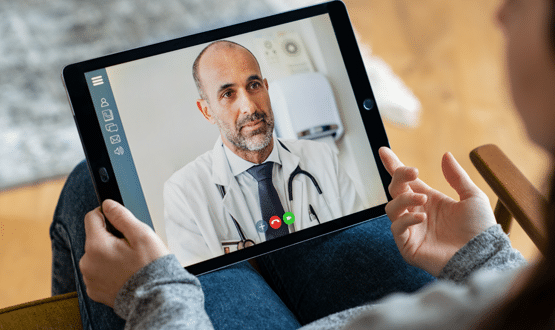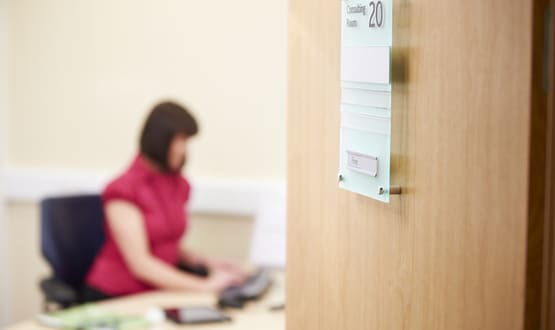Royal College of GPs launches LGBT online training modules for doctors

The Royal College of General Practitioners has launched a suite of e-learning resources to help GPs provide the best possible care to LGBT patients.
The suite, designed in partnership with the Government Equalities Office, contains six online training modules that provide GPs and other healthcare professionals access to evidence-based, up-to-date information to deal with the unique health needs of lesbian, gay, bisexual and trans (LGBT) patients.
The online tool also provides access to podcasts and screencasts.
The first-of-its-kind learning hub is designed to be easily accessible to busy GPs, with modules ranging from 15-30 minutes in length.
Professor Martin Marshall, chair of the Royal College of GPs, said: “GPs are highly-trained to deliver high-quality, non-judgemental care to all our patients. We want to ensure LGBT patients receive good, safe care, and that they can access our services when they need them.
“We hope that the new e-learning resources – based on the latest clinical evidence – will prove valuable in supporting frontline GPs and our teams to deliver the best possible care for every LGBT patient we see.”
The six modules are:
- Inequality in healthcare provision – the current state of LGBT health: providing a current overview of LGBT health in the UK, identifying health inequalities and exploring how these could be improved
- Creating an inclusive primary care environment: exploring changes that can be made both in the GP surgery and during the GP-patient consultation to have a positive impact on LGBT patient outcomes
- Mental health and suicide prevention: highlighting health, wellbeing and service provision issues affecting LGBT patients and looking at how they can be addressed
- Screening issues in the LGBT population: exploring issues around screening in the LGBT community, specifically best practice for the cervical smear process in trans men and non-binary people with a cervix
- The older LGBT patient: exploring the unique health needs of older LGBT patients
- Sexual and reproductive needs of the LGBT community: exploring sexual and reproductive health needs of LGBT patients, including advice for LGB women who wish to conceive and the use of pre and post exposure prophylaxis to prevent HIV
Baroness Williams, minister for equalities, added: “Everyone must be able to access appropriate healthcare and be treated with respect no matter their sexuality.
“It’s great medical professionals now have access to these online modules, allowing this vital training to fit around their busy schedules, developing their delivery of LGBT inclusive healthcare.”
In 2017, there were an estimated 1.1 million people in the UK, aged 16 and over, who identified as LGBT.
According to the latest National LGBT survey, the community can experience inequalities when accessing healthcare. To address this, the RCGP was commissioned by the GEO as one of 13 organisations to deliver the government’s LGBT Action Plan.




